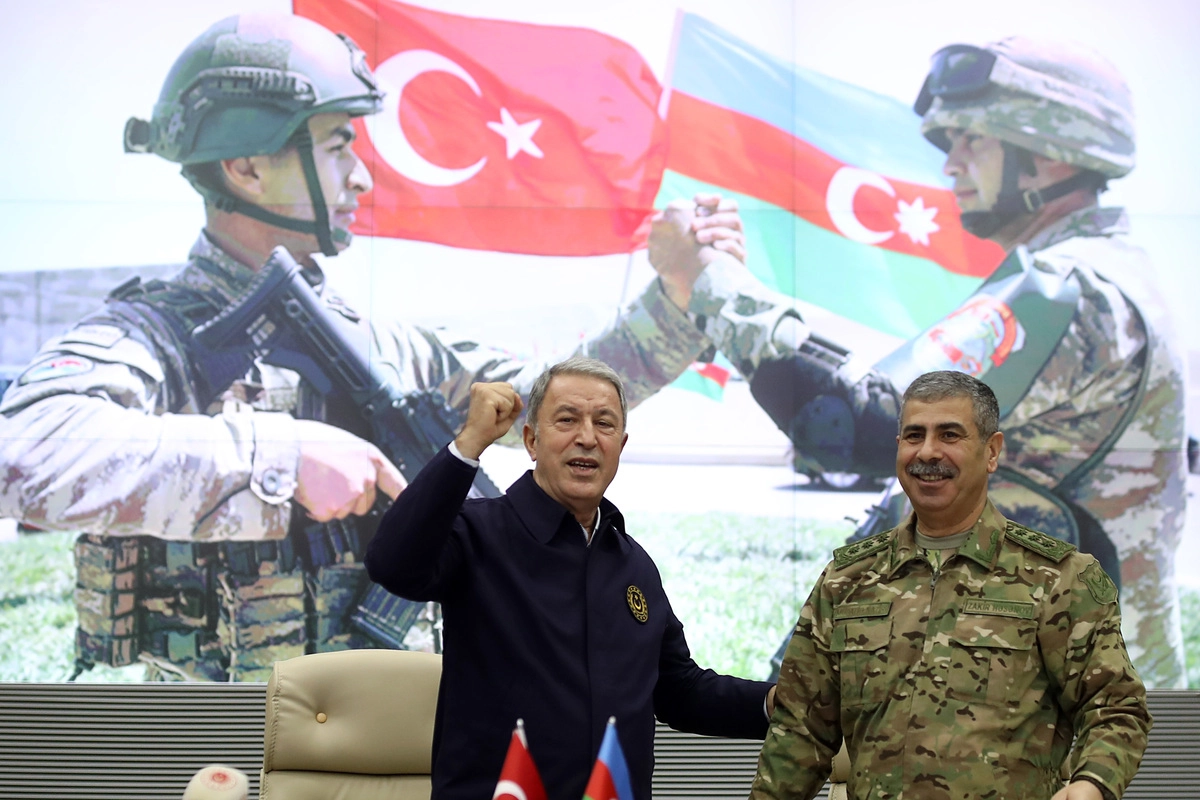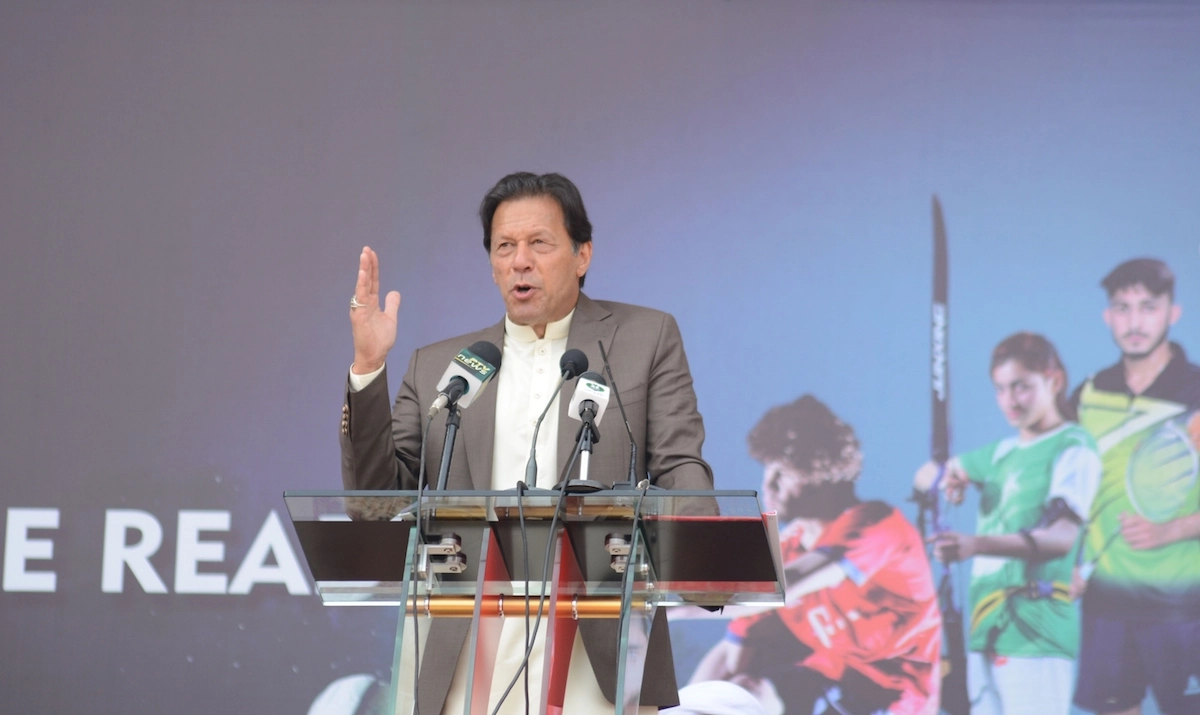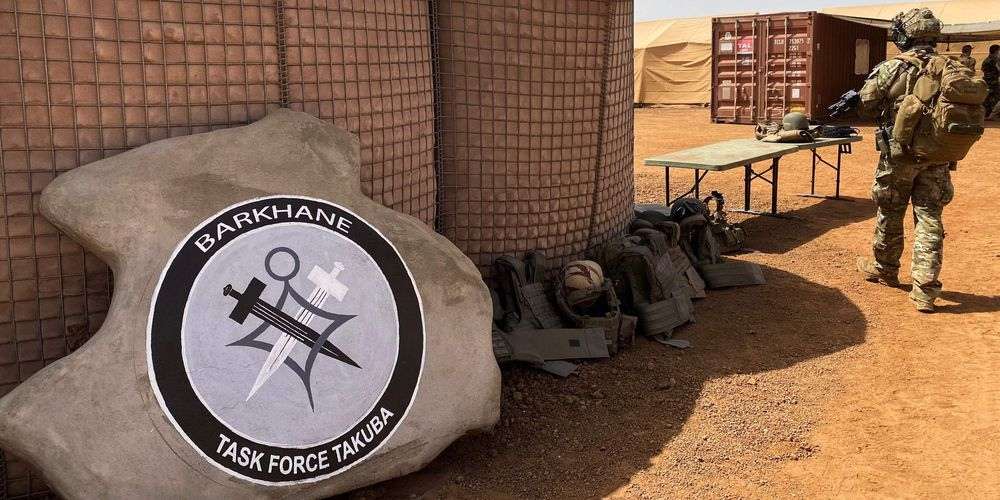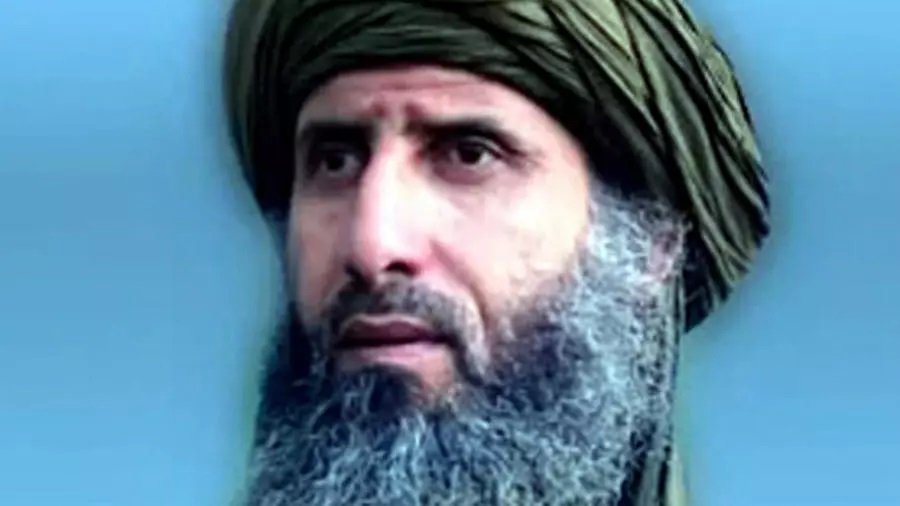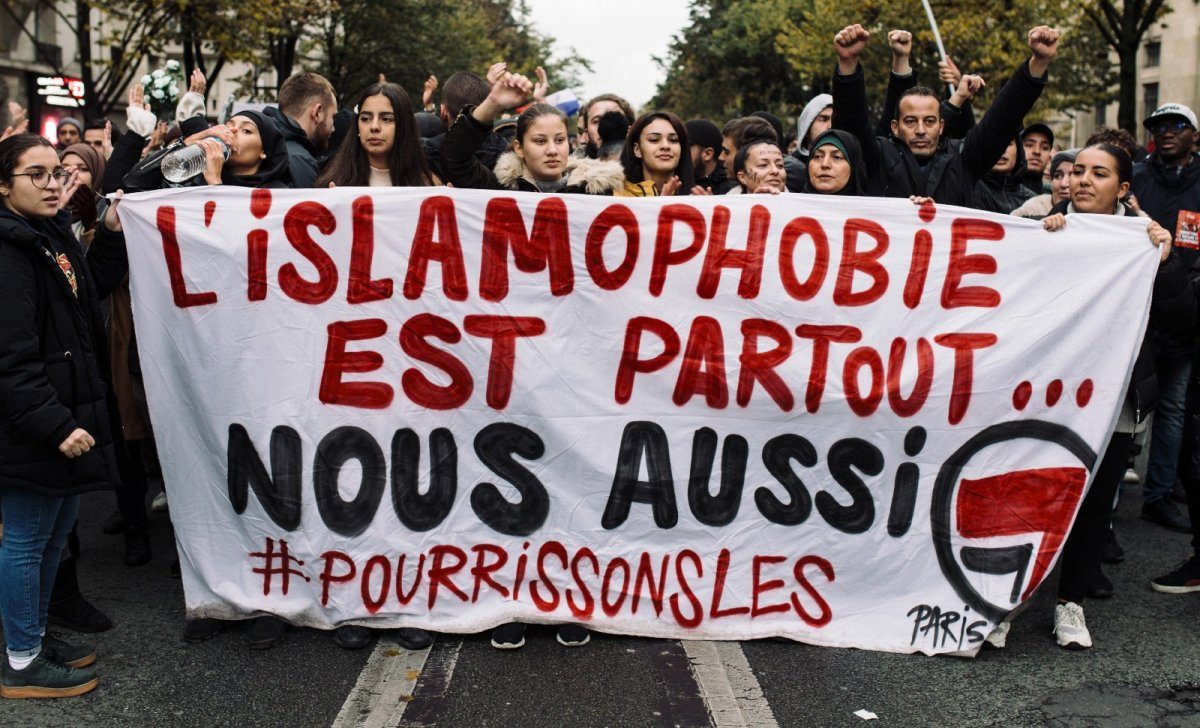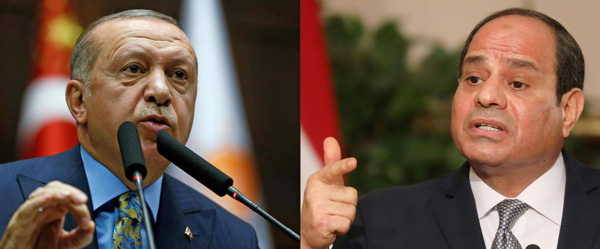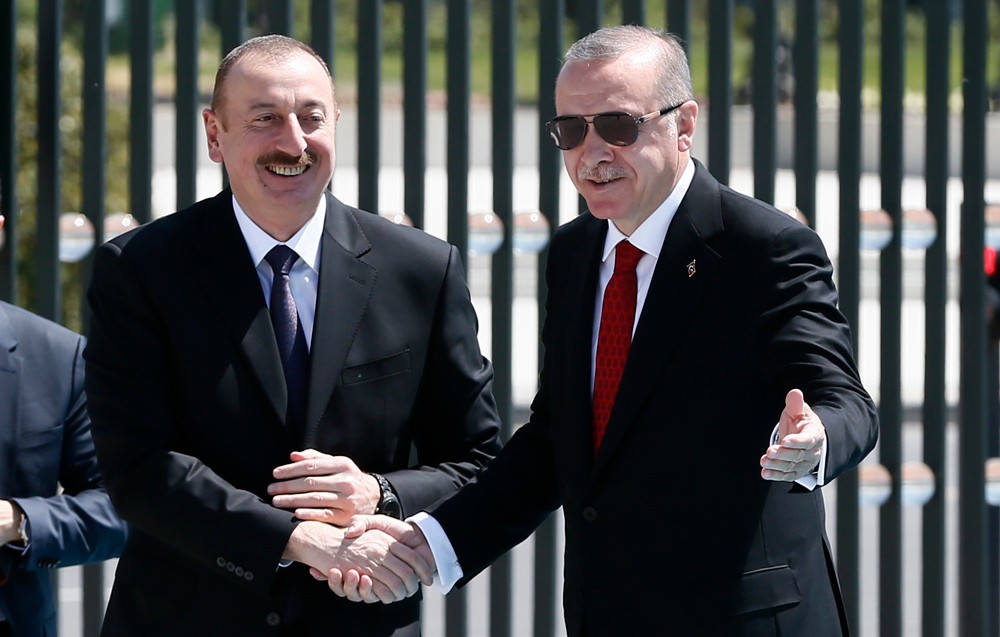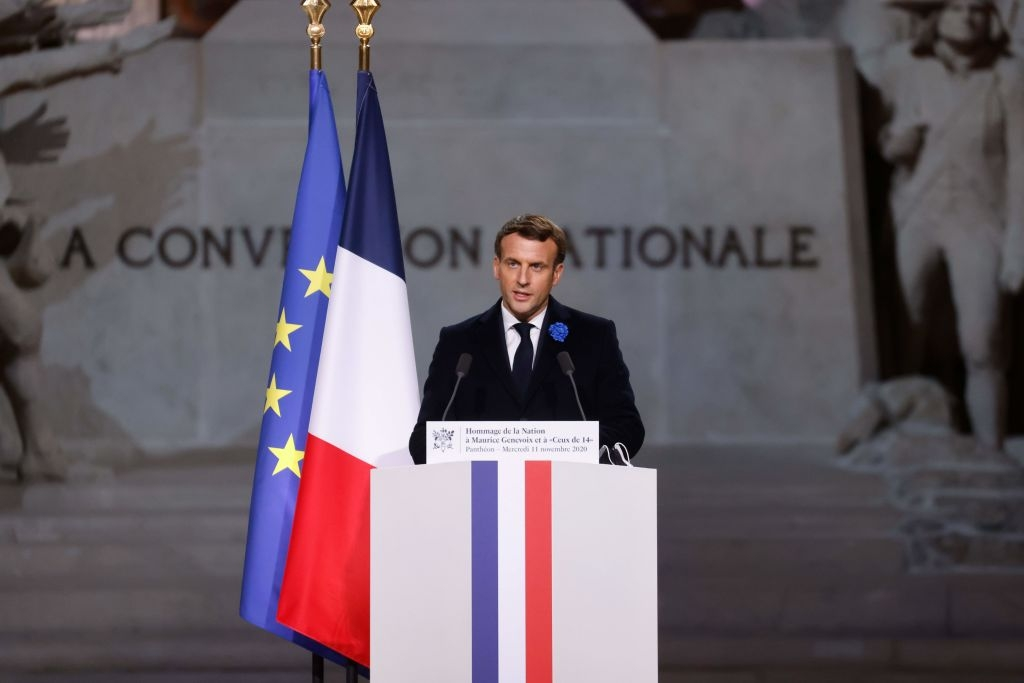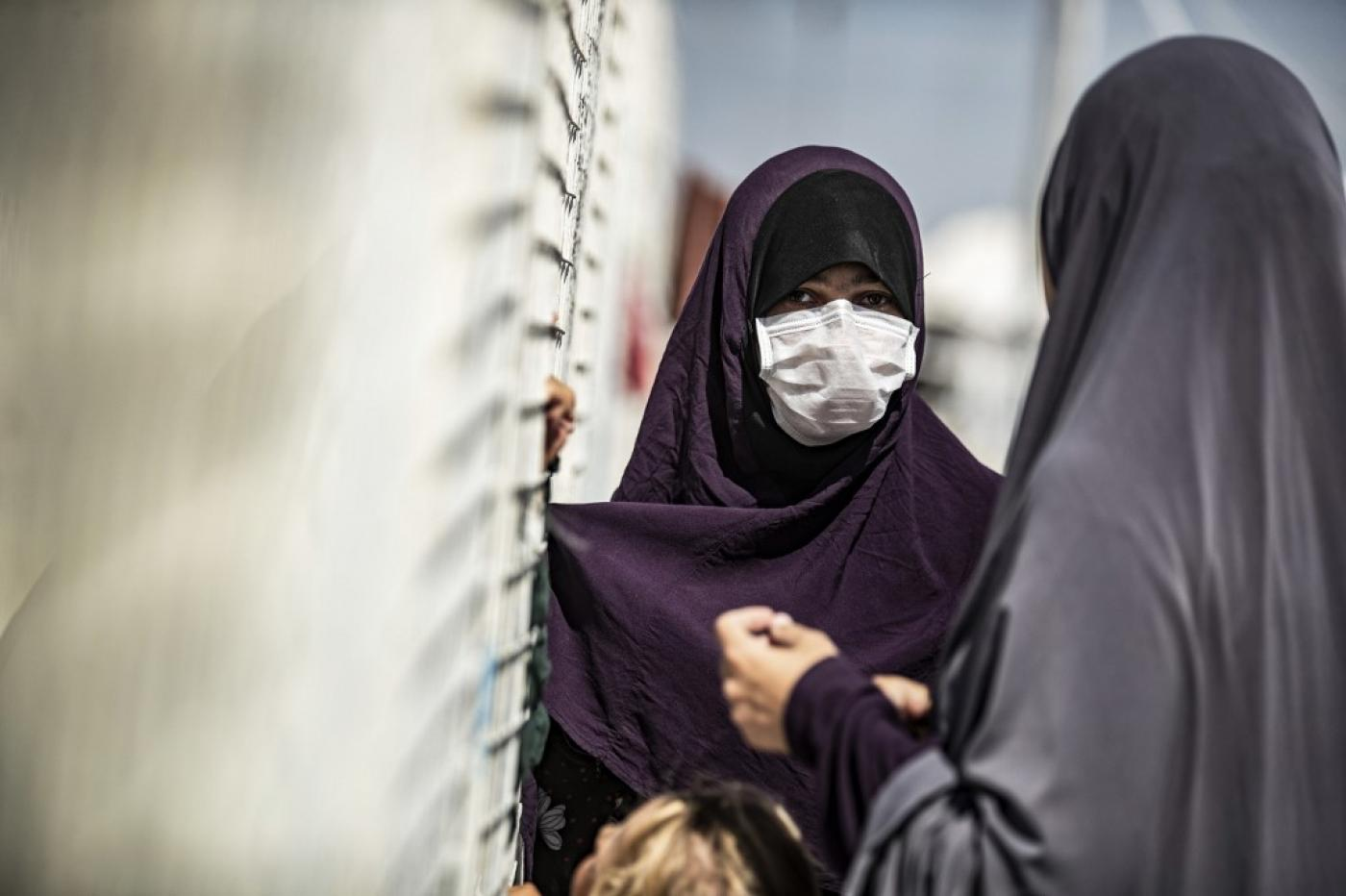ISIS Isn’t Defeated, and Trump Doesn’t Have a Plan for What’s to Come
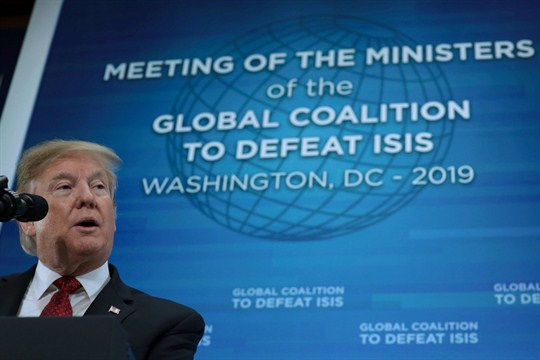
During his presidential bid, Donald Trump hammered on about the threat posed to America by the self-styled Islamic State, and how he would defeat it. As an issue, it was perfect for him, since the Islamic State’s sociopathic brutality fueled fear and anger among his core supporters—emotions that candidate Trump was able to harness and use to his benefit.

